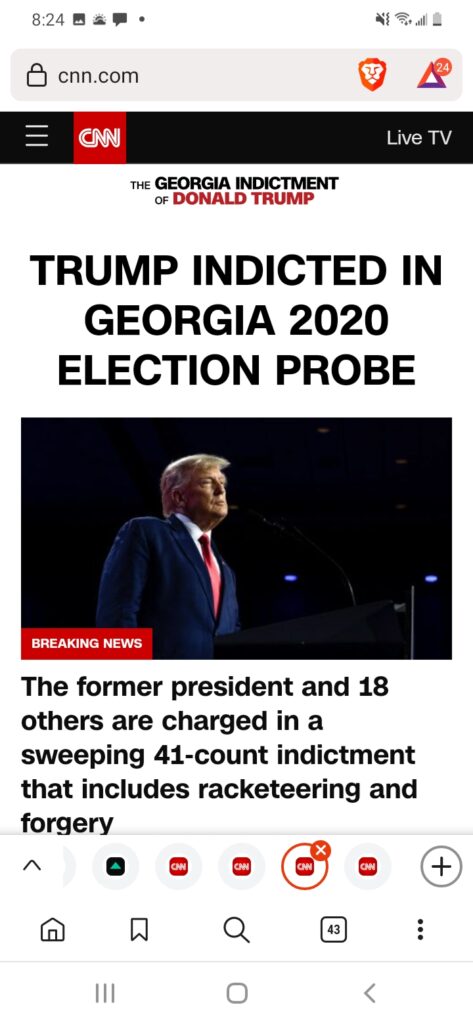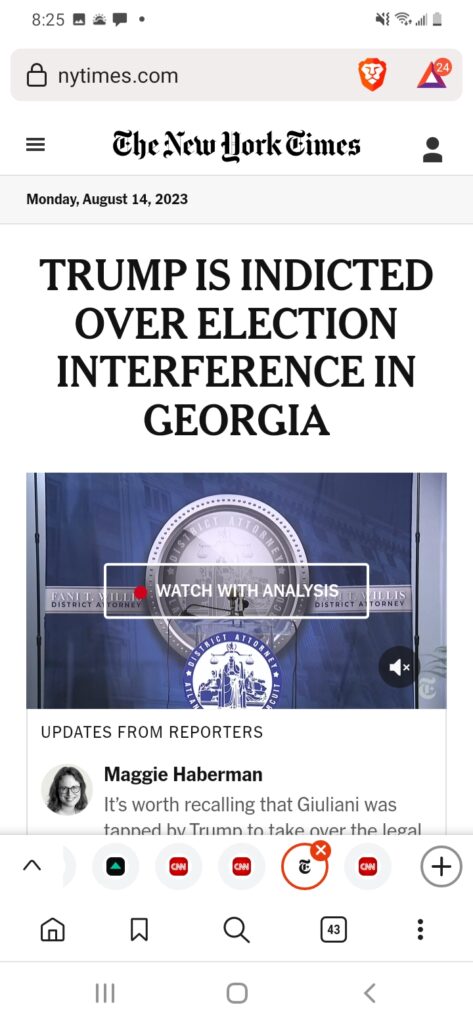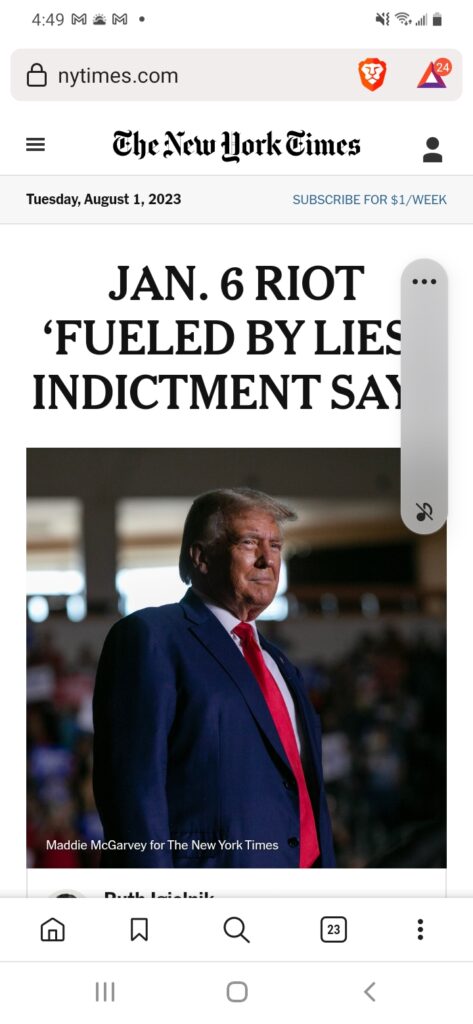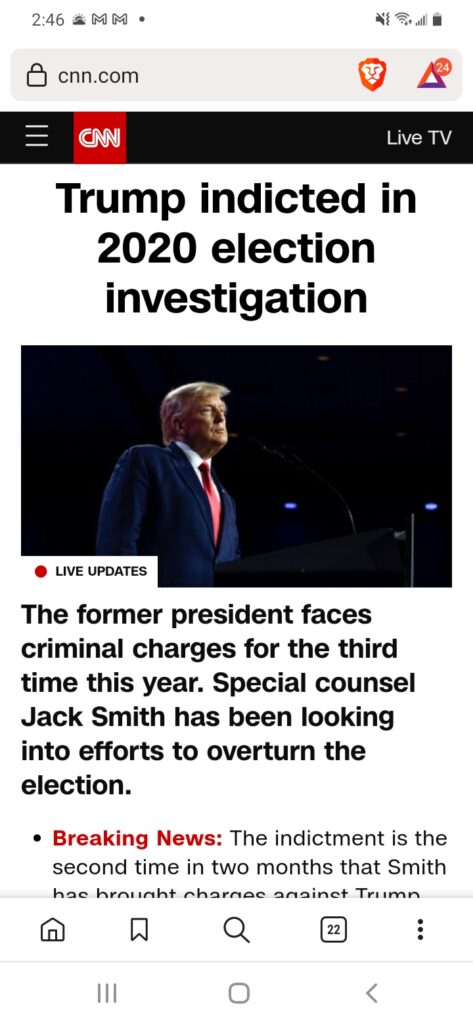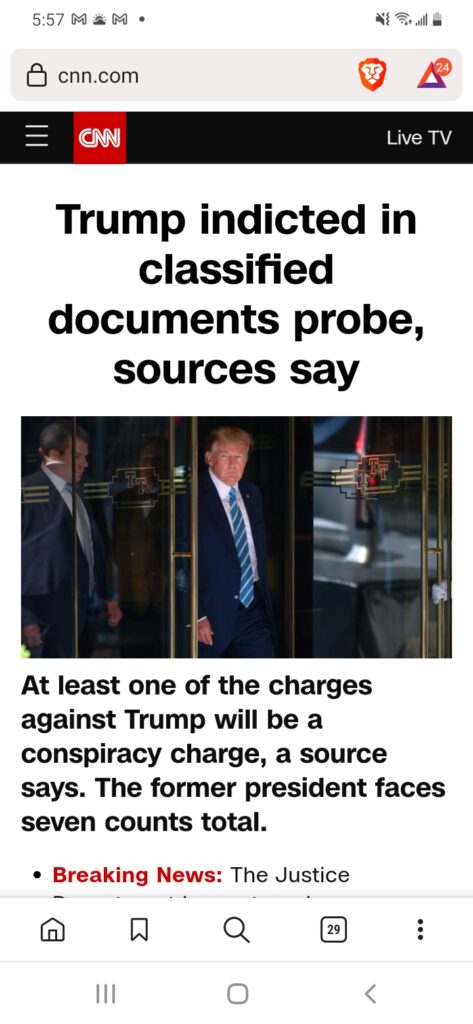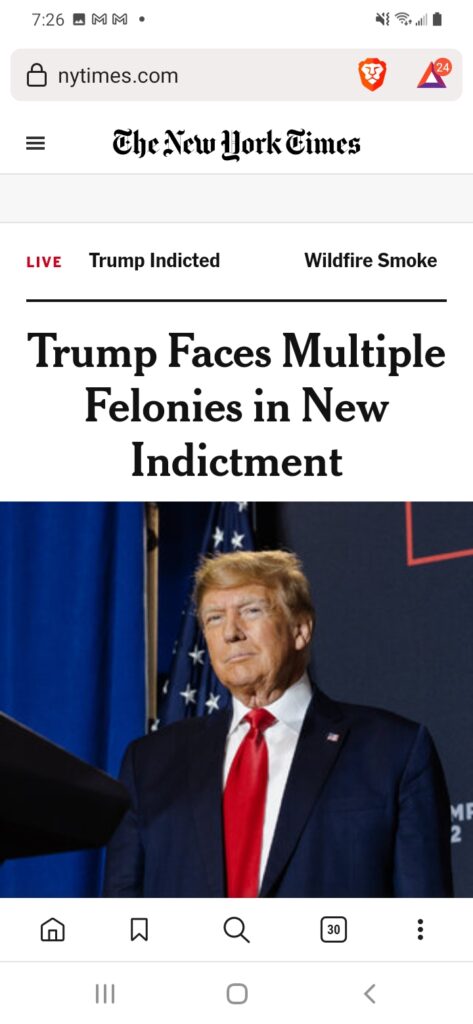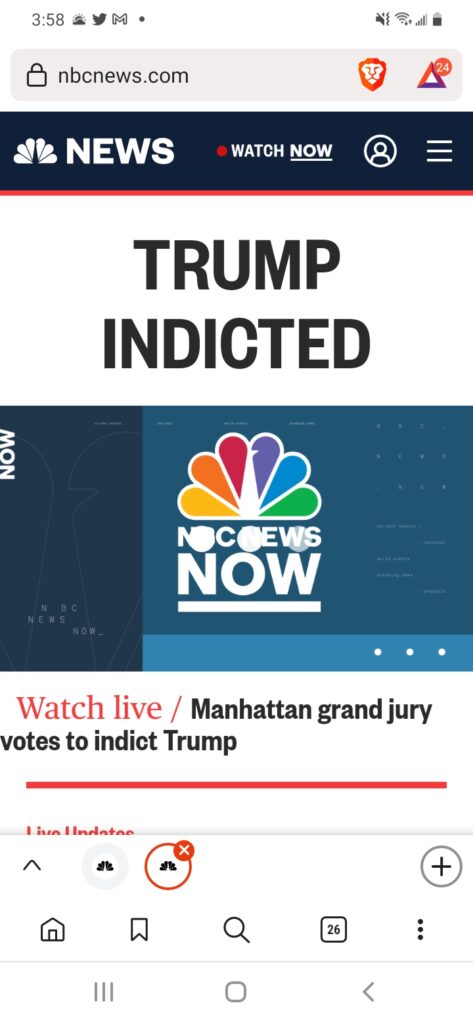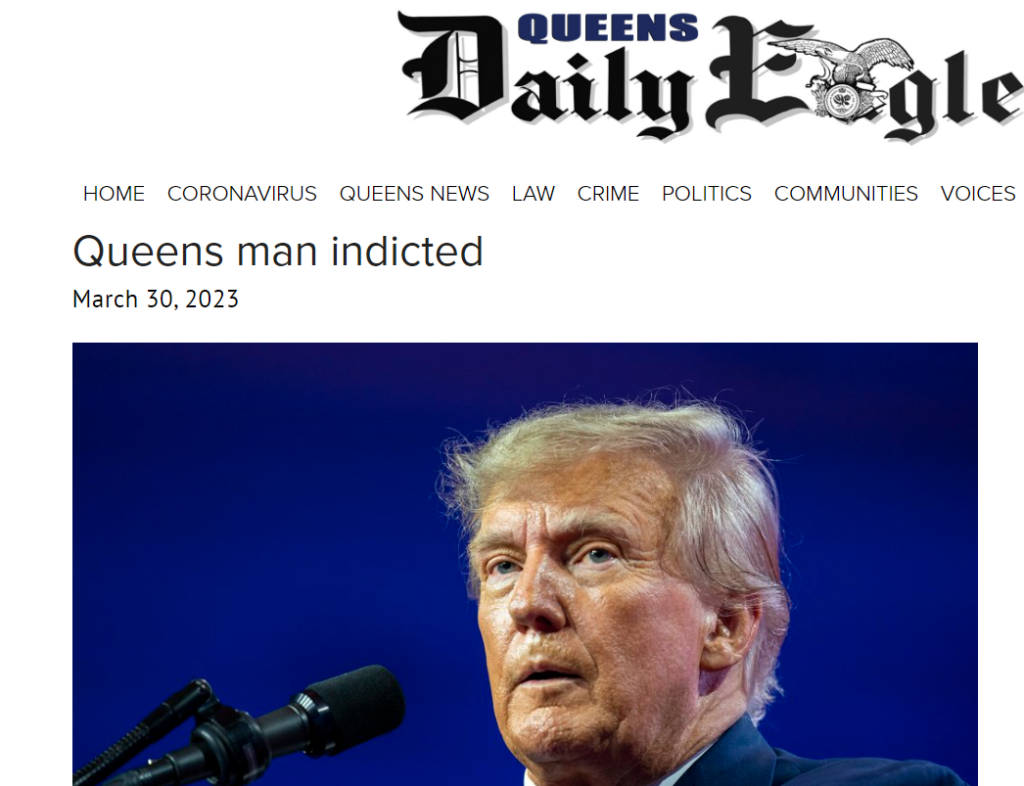Ken Smith writes again on this topic, referring again to the need to organize to be successful in activism or other group projects. I recently finished listening to a podcast called “Panther: Blueprint for Black Power“. The podcast tells the story of fighting for voting rights in Lowndes County, Alabama in 1965 and 1966, after passage of the Voting Rights Act. The “blueprint” is not very specific, basically the community organized with the help of the Student Nonviolent Coordinating Committee (SNCC) for voter registration and voting. The community also created a separate political party, the Lowndes County Freedom Organization, to provide an alternate slate of candidates to oppose white supremacy Democratic candidates. Their symbol was the Black Panther, and this was the inspiration for the Black Panther Party in Oakland, California.
Ken Smith also brings up the topic of tools for organizing that were part of the 2008 Barack Obama campaign website. Thanks to Google, I found a site that collects presidential campaign websites, and saw there were several captures of the original Obama website. I looked at a page with the site after the 2008 Democratic National Convention. Reviewing the home page, there were ways for people to register with the site, to sign up for a newsletter, to find a local group where they could get involved, an area to volunteer to help, and (of course) a donation link. The bottom half of the page looked like a news blog where stories of interest could be posted and read. I assume that these “tools” are what Ken Smith is talking about.
All of these “tools” are pretty standard elements of website design for political websites (link is to collection of 2024 websites). I did a quick review of BuddyPress, a WordPress plugin that “helps you build any kind of community website using WordPress, with member profiles, activity streams, user groups, messaging, and more.” (from the home page). I found an example of a NGO using this application, as well as a collection of 20 other examples. On a broader note, the Action Network provides organizing tools for groups (at some cost). I mention these examples to demonstrate that there are tools and applications available at little to no cost to provide ways for people to organize, read, and write on a topic or issue, so I do not see the “tools” issue as a problem (they exist, but require time and effort to set up and use). The “problem” is that there needs to be a group of people sufficiently interested in an issue to want to organize, and to take the time to use available tools to support that organization. As I have written earlier, the Community Tool Box from the University of Kansas is a comprehensive set of tools/methods to help communities identify issues and organize to address them. I welcome Ken’s input on if the examples in this post meet his expectations of what people need to organize and take action.
